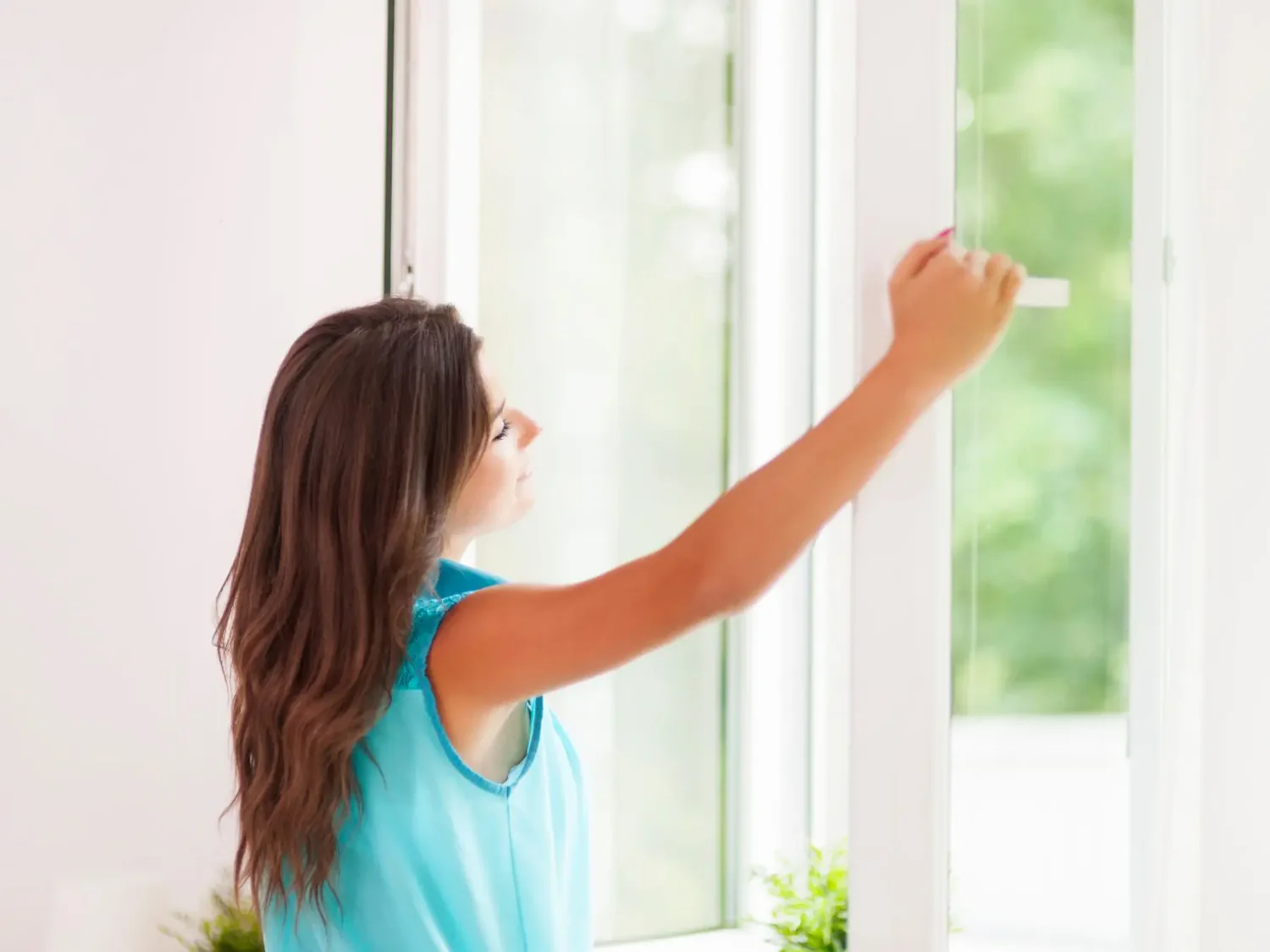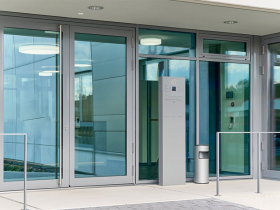In our modern lives, we spend a significant amount of time indoors, whether at home, work, or school. The quality of the air we breathe within these environments plays a pivotal role in our overall health and well-being. Indoor air quality (IAQ) refers to the condition of the air inside buildings, and its impact on the occupants’ health cannot be overstated.
The Hidden Dangers of Poor Indoor Air Quality
Poor indoor air quality is linked to a wide range of health issues, both short-term and long-term. Immediate effects can include headaches, dizziness, fatigue, eye irritation, and respiratory problems like coughing and wheezing. However, the consequences of prolonged exposure to polluted indoor air are even more concerning. Chronic conditions such as asthma, allergies, respiratory infections, cardiovascular disease, and even certain types of cancer have been associated with poor IAQ.
Sources of Indoor Air Pollution
Indoor air pollutants originate from various sources, both natural and man-made. Common culprits include:
- Volatile Organic Compounds (VOCs): These are chemicals released from everyday products like paints, cleaning supplies, furniture, and building materials.
- Biological Contaminants: Mold, mildew, bacteria, viruses, and pet dander can thrive in damp and poorly ventilated environments.
- Particulate Matter: Dust mites, pollen, smoke, and other microscopic particles can irritate the respiratory system.
- Radon: This naturally occurring radioactive gas can seep into buildings from the ground and pose a serious cancer risk.
- Carbon Monoxide: Faulty combustion appliances like gas stoves, furnaces, and fireplaces can release this odorless and deadly gas.
The Impact of Indoor Air Quality on Vulnerable Populations
While everyone is susceptible to the effects of poor IAQ, certain groups are particularly vulnerable. Children, the elderly, and individuals with pre-existing health conditions like asthma or allergies are at higher risk of experiencing adverse health outcomes from indoor air pollution. Pregnant women and infants are also especially sensitive to pollutants that can affect fetal development and infant health.
Improving Indoor Air Quality: A Multi-Pronged Approach
Fortunately, there are several effective strategies for enhancing indoor air quality:
- Ventilation: Adequate ventilation is key to removing pollutants and introducing fresh air. Open windows and doors whenever possible, use exhaust fans in kitchens and bathrooms, and consider installing a mechanical ventilation system.
- Source Control: Identify and eliminate or reduce the sources of indoor air pollution. Use low-VOC products, choose natural cleaning alternatives, fix leaks promptly, and keep humidity levels in check.
- Air Purification: Air purifiers equipped with HEPA filters can effectively remove particulate matter and allergens from the air.
- Regular Cleaning: Frequent dusting, vacuuming, and cleaning of surfaces can help reduce the buildup of pollutants. Air duct cleaning is also important to do.
- Professional Inspection: If you suspect serious IAQ issues like mold or radon, consider hiring a professional to assess and remediate the problem.
- Plants: Certain indoor plants have air-purifying qualities and can help improve IAQ.
The Benefits of Good Indoor Air Quality
Investing in good indoor air quality reaps numerous rewards:
- Improved Health: Reduced exposure to pollutants translates to fewer respiratory problems, allergies, and other health issues.
- Enhanced Productivity: Studies have shown that better IAQ can lead to increased focus, concentration, and cognitive function, resulting in improved productivity at work and school.
- Better Sleep: Cleaner air can contribute to better sleep quality, leaving you feeling more rested and refreshed.
- Reduced Stress: A healthy and comfortable indoor environment can create a sense of well-being and reduce stress levels.
The Importance of Indoor Air Quality in Public Spaces
The importance of indoor air quality extends beyond our homes and workplaces. Public spaces like schools, hospitals, and office buildings also need to prioritize IAQ to protect the health and well-being of their occupants. Proper ventilation, regular cleaning, and air purification are essential measures in these settings.
The Future of Indoor Air Quality
As awareness of IAQ grows, we can expect to see continued advancements in technology and innovation. Smart home devices that monitor and regulate IAQ, as well as new building materials and design strategies that prioritize clean air, are just some of the developments on the horizon. Working with a professional ac repair company that can assist you with your air quality
In conclusion, indoor air quality is a critical aspect of our lives that significantly impacts our health, productivity, and overall well-being. By understanding the sources of indoor air pollution, implementing effective mitigation strategies, and advocating for clean air in public spaces, we can create healthier and more comfortable environments for ourselves and future generations.











